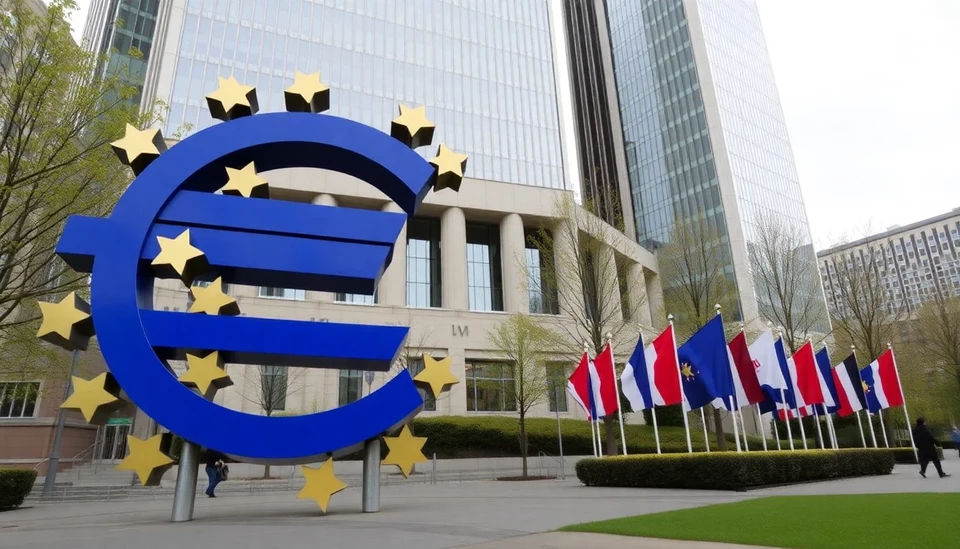
The Financial landscape of the Euro Zone is showing signs of stunted growth, prompting anticipations that the European Central Bank (ECB) will likely continue on a path of interest rate cuts. As the region grapples with an array of economic challenges, analysts suggest that easing monetary policy could be the next logical step to stimulate economic activity and support recovery efforts.
Recent data indicates that the Euro Zone's economic expansion has significantly faltered. The gross domestic product (GDP) growth has been far below expectations, raising concerns among economists and policymakers alike. The sluggish performance is attributed to a combination of external and internal pressures, including decreased consumer spending, ongoing geopolitical tensions, and the lingering impacts of previous inflationary pressures.
Inflation rates, while moderating, are still creating a complex scenario for the ECB. The bank has been vigilant in its mandate to manage inflation but is now facing the dual challenge of stimulating economic growth without triggering deflation. The latest assessments point toward a cautious approach from the bank, which may consider further rate cuts as a mechanism to encourage borrowing and investment, thereby fueling demand.
Market reactions have already begun to reflect these anticipated changes in monetary policy. With increased speculation surrounding potential rate cuts, bond yields have shifted, signaling investor sentiment toward a more accommodative monetary stance. This is a clear indication that markets are prepared for the ECB to take actions aimed at invigorating a lackluster economy.
Furthermore, analysts are monitoring the broader economic landscape closely, particularly the labor market and consumer confidence indices. The risk of stagnation looms large, which if untackled, could lead to a more prolonged period of economic dormancy within the region. Hence, the ECB's decision-making will hinge significantly on forthcoming economic indicators, as these will guide the bank's response to the evolving situation.
In summary, as the Euro Zone grapples with unremarkable growth figures and persistent inflation rates, the pressure mounts on the ECB to adopt a more lenient monetary policy. Rate cuts appear to be on the horizon, aimed at revitalizing economic performance and bolstering confidence within the markets and among consumers.
As we draw closer to the next ECB meeting, many will be watching closely to see if the central bank will heed the calls for a more proactive approach to support the beleaguered Euro Zone economy.
#EuroZone #ECBRates #EconomicGrowth #InterestRates #MonetaryPolicy #Inflation
Author: Daniel Foster




